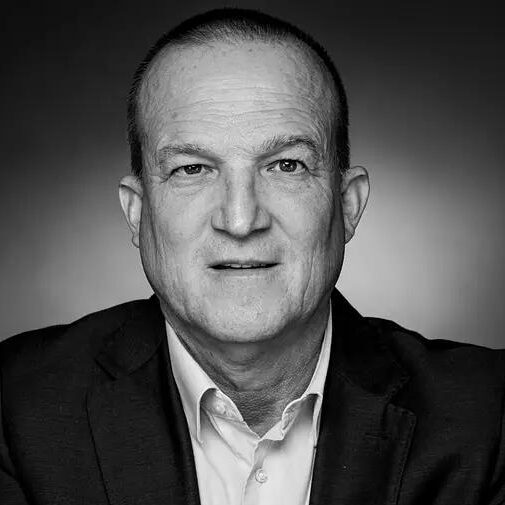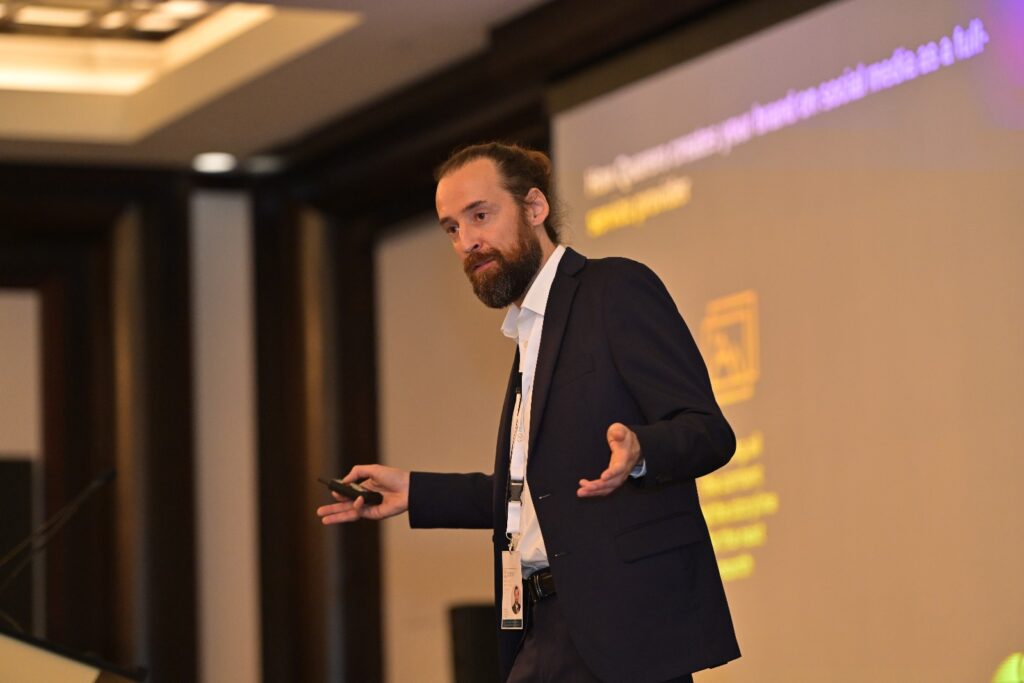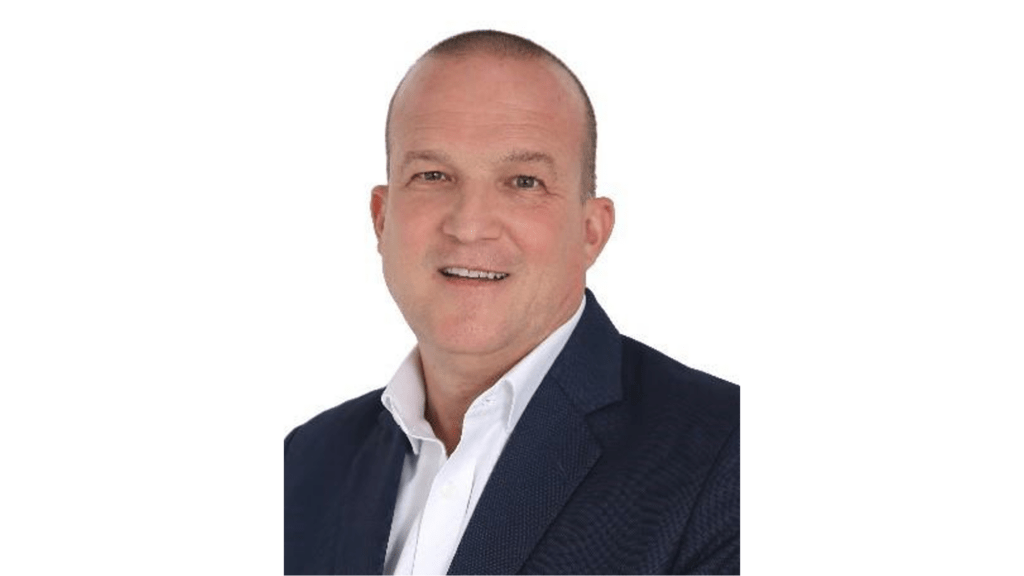Dubai, UAE – October 14, 2024 The role of economic diplomacy has become more prominent than ever before. With nations more interconnected and businesses increasingly engaging in cross-border collaborations, the need to redefine and enhance economic diplomacy is pressing. Dr. Raphael Nagel, founder of The Abrahamic Business Circle, has been at the forefront of these efforts, promoting strategic partnerships that foster sustainable development and global economic cooperation. In an exclusive interview, Dr. Nagel offers insights into how economic diplomacy may change in the future and what challenges and opportunities lie ahead.
Understanding the Current State of Economic Diplomacy
Economic diplomacy, broadly defined as the use of economic resources and strategies to influence international relations, has traditionally focused on trade agreements, investment treaties, and foreign aid. However, Dr. Nagel points out that the scope of economic diplomacy has expanded significantly in recent years.
“Economic diplomacy today goes beyond traditional bilateral or multilateral trade agreements,” Dr. Nagel explains. “It involves fostering trust, collaboration, and strategic partnerships between governments, businesses, and other stakeholders to address global challenges such as economic inequality, environmental sustainability, and technological innovation.”
He stresses that the current global economy is far more complex and interconnected than in the past, making it essential for economic diplomacy to evolve in response to these changes. One area where this is particularly evident is in the growing importance of business networks like The Abrahamic Business Circle, which Dr. Nagel founded to promote cross-border investment and collaboration.
The Role of Business Networks in Shaping the Future
According to Dr. Nagel, business networks play an increasingly central role in shaping the future of economic diplomacy. By connecting key stakeholders from different regions and industries, these networks create opportunities for cooperation that might not otherwise exist. “When we think about economic diplomacy in the future, we must consider the role that business networks play in facilitating dialogue and investment,” he says. “Business networks like The Abrahamic Business Circle provide a platform where entrepreneurs, investors, and government officials can meet, build trust, and forge partnerships that lead to meaningful economic outcomes.”
Dr. Nagel believes that these networks are particularly well-suited to addressing some of the most pressing challenges in the global economy, such as fostering sustainable development and promoting investment in emerging markets. “In the past, economic diplomacy often focused on established markets and well-defined industries,” Dr. Nagel notes. “But today, there is a growing recognition of the importance of investing in sectors that contribute to sustainable development, such as renewable energy, infrastructure, and technology.”
The Shift Towards Sustainable Development
A key theme that Dr. Nagel emphasizes in the interview is the increasing focus on sustainable development in economic diplomacy. As the world faces the twin challenges of climate change and economic inequality, governments and businesses alike are recognizing the need to prioritize investments that benefit both the environment and society.
“Sustainable development is not just a buzzword, it is a fundamental shift in the way we think about economic growth and cooperation,” Dr. Nagel explains. “Economic diplomacy must evolve to support investments that not only generate financial returns but also address critical issues like environmental sustainability and social equity.”
He points to the work of The Abrahamic Business Circle as an example of how business networks can promote this shift. The organization has played a key role in facilitating investments in renewable energy projects, infrastructure development, and technology initiatives that contribute to long-term economic and environmental goals.
“Through The Abrahamic Business Circle, we have been able to bring together investors and government officials to explore opportunities in sectors that are vital to sustainable development,” Dr. Nagel says. “By doing so, we are helping to create a more equitable and resilient global economy.”
Challenges in Navigating Cross-Border Investments
While there is a growing recognition of the importance of sustainable development in economic diplomacy, Dr. Nagel acknowledges that there are still significant challenges when it comes to cross-border investments. One of the most notable challenges is navigating the complex regulatory and political environments in different countries.
“Investors are often hesitant to enter foreign markets due to concerns about regulatory barriers, political instability, and legal frameworks,” he explains. “These challenges can make it difficult to secure the trust and cooperation needed to move forward with cross-border investments.” Dr. Nagel believes that this is where economic diplomacy must play a more proactive role in the future. Business networks like The Abrahamic Business Circle can serve as neutral facilitators that help bridge the gap between investors and governments, reducing the uncertainties that often accompany international investments.
“One of the key roles of economic diplomacy is to build trust and create an environment where cross-border investments can thrive,” he says. “At The Abrahamic Business Circle, we work closely with both investors and government officials to ensure that the investment process is transparent, efficient, and mutually beneficial.” He adds that in the future, economic diplomacy will need to become even more agile and responsive to the complexities of global markets. This may involve creating more flexible regulatory frameworks, enhancing communication between stakeholders, and promoting greater transparency in the investment process.
Adapting to Technological Change
Another area where Dr. Nagel sees significant changes in economic diplomacy is in the role of technology. With rapid advances in areas such as artificial intelligence, blockchain, and digital finance, the global economy is becoming increasingly digital. This presents both challenges and opportunities for economic diplomacy.
“Technology is transforming the way we do business and the way we engage in economic diplomacy,” Dr. Nagel says. “On one hand, it is creating new opportunities for investment and collaboration, particularly in sectors like fintech and digital infrastructure. On the other hand, it is also raising new challenges, such as cybersecurity risks and the need for updated regulatory frameworks.”
He points to the growing importance of digital platforms in facilitating cross-border investments as an example of how technology is reshaping economic diplomacy. In the past, physical meetings and traditional financial transactions were often required to finalize cross-border deals. Today, digital platforms allow investors and entrepreneurs to connect, collaborate, and transact business across borders with unprecedented speed and efficiency.
“Digital platforms are making it easier than ever for stakeholders to engage in cross-border investments,” Dr. Nagel explains. “This is opening up new markets and creating opportunities for collaboration that would have been impossible just a few years ago.” However, he cautions that economic diplomacy must adapt to these technological changes by ensuring that regulatory frameworks keep pace with innovation.
“We need to ensure that our regulatory systems are able to accommodate the rapid pace of technological change,” he says. “This will be critical to ensuring that cross-border investments remain secure and that all parties can benefit from the opportunities that technology creates.”
The Future of Economic Diplomacy
As the interview draws to a close, Dr. Nagel reflects on the future of economic diplomacy and the role that organizations like The Abrahamic Business Circle will play in shaping it. He is optimistic about the potential for economic diplomacy to drive positive change in the global economy, but he also emphasizes that there is much work to be done.
“Economic diplomacy has the power to bring people together, create opportunities for growth, and address some of the most pressing challenges we face today,” he says. “But in order to realize this potential, we must be willing to evolve and adapt to the changing realities of the global economy.”
Dr. Nagel believes that the future of economic diplomacy will be defined by greater collaboration between governments, businesses, and other stakeholders. He also sees a growing emphasis on sustainable development, technological innovation, and the need for greater trust and transparency in cross-border investments.
“Looking ahead, I believe that business networks like The Abrahamic Business Circle will play an increasingly important role in fostering economic diplomacy,” he says. “By connecting stakeholders, promoting dialogue, and facilitating investment, we can create a more prosperous and sustainable global economy for future generations.”
In conclusion, Dr. Raphael Nagel’s insights into the future of economic diplomacy highlight the need for greater collaboration, adaptability, and a focus on sustainable development. As the global economy continues to evolve, the role of organizations like The Abrahamic Business Circle in shaping the future of cross-border cooperation and investment will be more critical than ever. Through their efforts, the foundations for a more inclusive, innovative, and resilient global economy are being laid, with economic diplomacy as a key driver of positive change.
About The Abrahamic Business Circle
The Abrahamic Business Circle is a prestigious global network dedicated to advancing economic diplomacy through business and strategic investments. Its members include entrepreneurs, investors, corporates, and diplomats spanning 56 countries, showcasing how entrepreneurial spirit and global investments can drive sustainable development worldwide.
Established prior to the Abraham Accords in September 2020, the Circle is committed to fostering unity and dialogue through economic collaboration.
The Abrahamic Business Circle is strictly apolitical and areligious, focusing exclusively on tolerance and business.
Contact:
The Abrahamic Business Circle
contact@theabrahamicbusinesscircle.com
www.theabrahamicbusinesscircle.com
Legal Disclaimer:
PressLink distributes this news content on an “as-is” basis, without any express or implied warranties of any kind. PressLink expressly disclaims all responsibility or liability for the accuracy, content, images, videos, licenses, completeness, legality, or reliability of the information presented in this article. Any complaints, copyright issues, or concerns regarding this article should be directed to the author.
Note:
This content is not authored by, nor does it reflect the endorsement of, PressLink, its advertisers, or any affiliated entities. For inquiries or corrections related to press releases, please contact PressLink directly.






